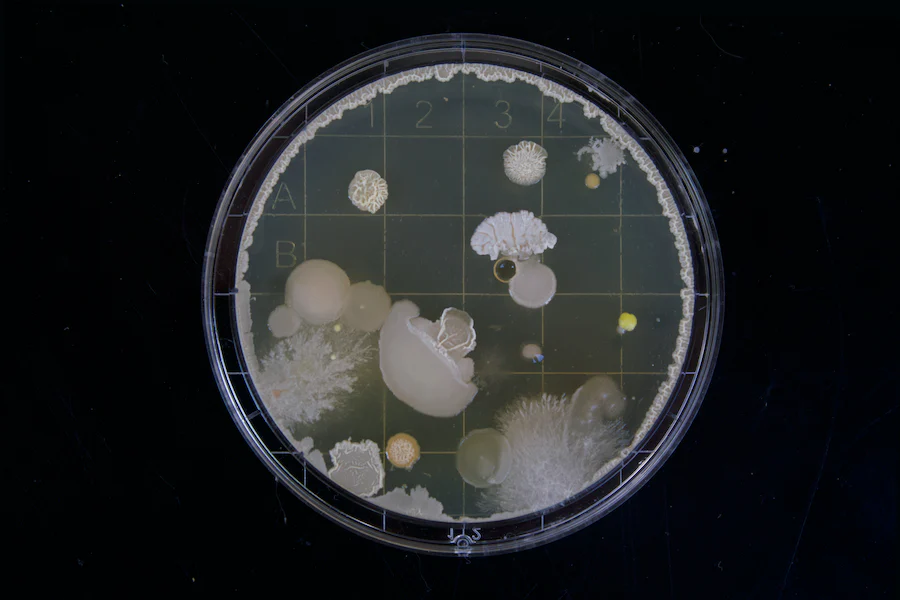When we think about COVID-19, respiratory symptoms such as fever, cough, and shortness of breath often come to mind. However, the virus’s impact extends beyond the lungs, affecting various systems in the body—including the gut. Many individuals have reported gastrointestinal symptoms such as diarrhea, constipation, pain, and bloating during or after a COVID-19 infection. To better understand this phenomenon, we consulted experts on why these issues occur and what you can do about them.
Why Does COVID-19 Affect the Gut?
The gastrointestinal tract is lined with cells that express ACE2 receptors—the same receptors that the SARS-CoV-2 virus uses to enter cells. This makes the gut a potential target for the virus. “When the virus interacts with these receptors in the digestive system, it can disrupt normal gut function,” explains Dr. Angela Morris, a gastroenterologist. “This disruption may manifest as diarrhea, constipation, or other symptoms.”
Additionally, COVID-19 triggers an inflammatory response in the body, which can affect the gut microbiome. The balance of good and bad bacteria in the digestive system plays a critical role in maintaining gut health. An imbalance—caused either by the virus itself or by treatments such as antibiotics—may lead to symptoms like bloating and pain.
Common Gastrointestinal Symptoms of COVID-19
- Diarrhea: One of the most frequently reported GI symptoms. Diarrhea may be caused by direct viral effects on the gut lining or by an altered gut microbiome.
- Constipation: Some individuals experience the opposite problem, likely due to inflammation or reduced gut motility caused by illness or stress.
- Pain: Abdominal discomfort or cramping can occur due to inflammation or irritation of the digestive tract.
- Bloating: Changes in the gut microbiome may lead to excessive gas production, causing bloating and discomfort.
Managing GI Symptoms During and After COVID-19
While gastrointestinal symptoms can be distressing, there are steps you can take to alleviate them:
- Stay Hydrated: Diarrhea can lead to dehydration. Drinking plenty of fluids with electrolytes can help replace lost minerals.
- Follow a Balanced Diet: Focus on foods that are easy to digest, such as bananas, rice, applesauce, and toast (the BRAT diet). Avoid spicy or greasy foods that may exacerbate symptoms.
- Probiotics: Incorporating probiotics through supplements or fermented foods like yogurt and kimchi can help restore gut bacteria balance.
- Over-the-Counter Medications: For diarrhea, medications like loperamide can provide temporary relief. However, consult a healthcare provider before use.
- Gentle Exercise: Light physical activity can stimulate gut motility, helping with constipation.
When to Seek Medical Attention
While many GI symptoms resolve on their own, certain signs may indicate a more serious issue. Seek medical attention if you experience:
- Severe or persistent abdominal pain
- Blood in stool
- Uncontrollable diarrhea leading to significant dehydration
- Symptoms that persist for weeks after recovery from COVID-19
Long-Term Gut Health After COVID-19
Some individuals experience lingering gastrointestinal issues, often referred to as “long COVID” symptoms. In these cases, it’s important to work with a healthcare provider to develop a personalized treatment plan. “Restoring gut health can take time,” says Dr. Morris. “A combination of dietary changes, probiotics, and stress management can make a significant difference.”
Conclusion
COVID-19’s effects on the gut underscore the virus’s ability to impact nearly every system in the body. Diarrhea, constipation, pain, and bloating are common symptoms that can arise during or after infection. By understanding the mechanisms behind these issues and implementing practical strategies, individuals can manage symptoms effectively and support long-term gut health. If you’re struggling with persistent gastrointestinal issues, don’t hesitate to reach out to a medical professional for guidance.


